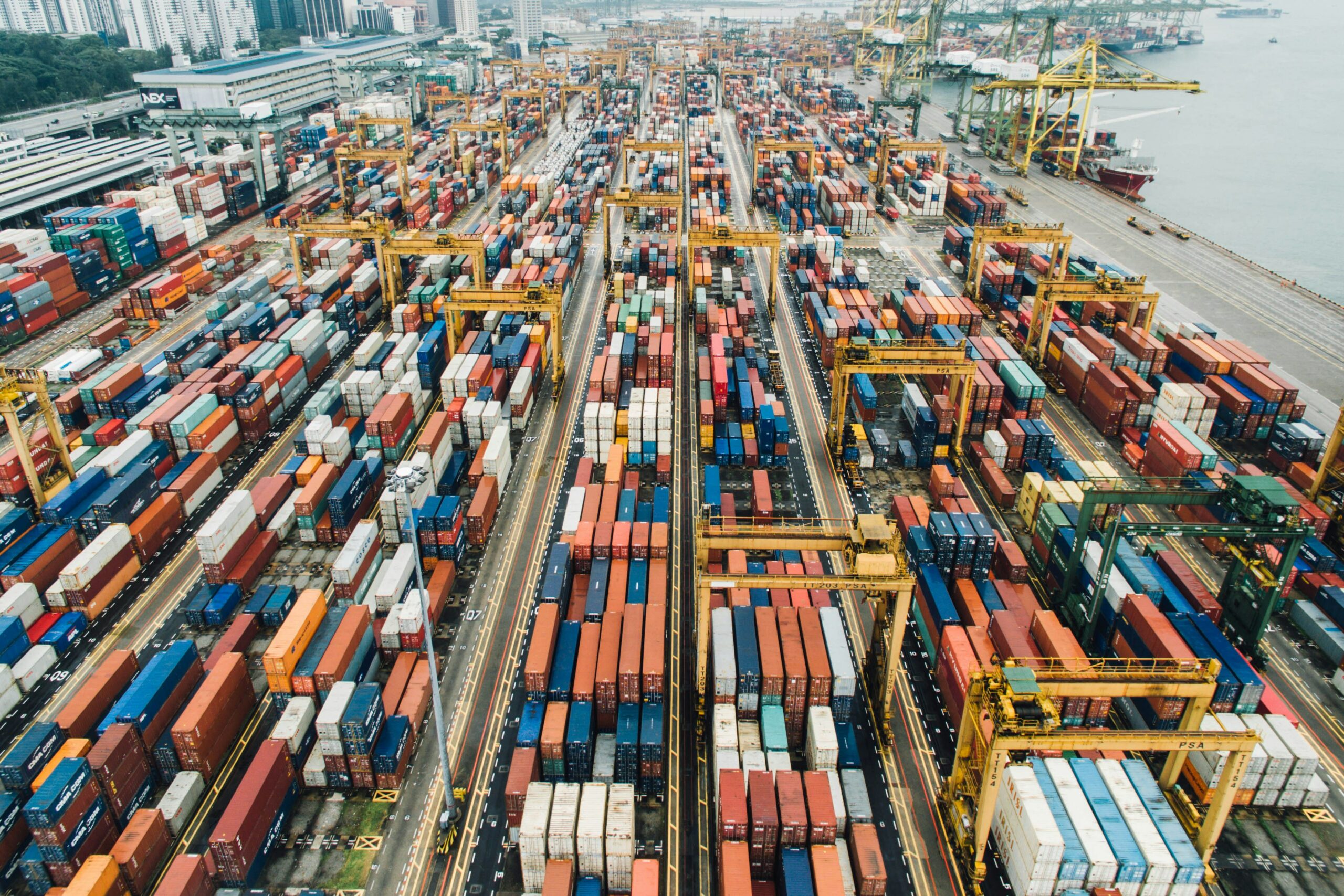Date of publication: 29 July 2025
Olena Omelchenko, Partner, Attorney at Law, Head of International Trade Practice
Source: Ukrainian Law Firms 2025
In the context of a full-scale warfare and escalating global trade tensions, safeguarding national producers is essential to Ukraine’s economic security. Domestic enterprises must simultaneously contend with devastating impacts of military aggression, disrupted logistics chains, resource scarcity, and mounting pressure from unfair foreign competition. Under such conditions, anti-dumping measures are not merely regulatory instruments-they are vital mechanisms for preserving jobs, securing fiscal revenues, and sustaining strategic industries. However, recent years have seen a marked rise in the circumvention of existing trade remedies through third countries. This trend undermines the effectiveness of Ukraine’s trade policy and presents serious challenges for enforcement authorities and domestic producers alike.
Key Circumvention Mechanisms
Anti-dumping duties are often circumvented through third-country schemes the most prevalent of which include:
- Minimal processing: products from a country subject to anti-dumping measures undergo minor processing or repackaging in another country, receiving a new origin or a change in the code of the Ukrainian Classification of Goods for Foreign Economic Activities.
- Re-export through intermediary countries: in this scheme, goods are first imported into an intermediary country and subsequently re-exported to Ukraine misrepresented as products originating from that country.
- Transfer pricing manipulations: this involves deliberate understatement of the value of goods when exported through a third country, aiming to reduce the amount of duty payable and circumvent the intended trade remedy measures.
Recent cases handled by our firm show a sharp increase in cases involving falsified certificates of origin and undervalued customs declarations. In particular, analytical investigations have identified clear indicators of systematic, prolonged, and large-scale evasion of anti-dumping duties. These activities have caused significant financial harm to domestic Ukrainian manufacturers and have, in effect, neutralized the impact of the final anti-dumping measures imposed by the Interdepartmental Commission on International Trade.
One of the most telling indicators was the abnormal surge in the export of Chinese-origin goods from Malaysia, both in terms of volume and declared customs value, which strongly suggests circumvention practices on a considerable scale.
Gaps in Legal Implementation
The Agreement on the Implementation of Article VI of the General Agreement on Tariffs and Trade 1994 and the Law of Ukraine On Protection of the National Producer against Dumped Imports provide legal grounds for initiating measures in response to the circumvention of anti-dumping duties. However, the practical application of these provisions remains highly problematic. We have for several years now been trying to initiate such an investigation, but without success due to the lack of internal procedures provided for by the Law.
According to Article 27 of the Law, in the event of suspicion of circumvention of measures, the state is obligated to:
- ensure registration of import contracts (Ministry of Economy) or
- ensure that the supplier deposits funds (State Customs Service of Ukraine).
Unfortunately, no implementing regulations have been adopted to enforce this provision in the more than 25 years since the Law was enacted. The absence of a contract registration procedure blocks the initiation of investigations, and the Ministry of Economy avoids active actions by overburdening domestic producers with excessive information requests.
Customs as a Trade Watchdog
In this situation, the State Customs Service of Ukraine (SCSU) has become a key ally of the national producer in combating the circumvention of anti-dumping measures. While it was previously believed that implementing Article 27 of the Law was unfeasible without the establishment of a dedicated register by the Ministry of Economy, the SCSU has now made it possible to apply the mechanism for security deposits of anti-dumping duties directly through the supplier.
This sets an important precedent, laying the groundwork for future decisions by the Interdepartmental Commission on International Trade to impose anti-dumping duties on goods imported from Malaysia at the same rates applied to imports from China.
In addition, it is worth noting the comprehensive work of the SCSU, which includes:
- Thorough examination of certificates of origin and documents on the production of goods.
- In-depth analysis of trade flows to identify atypical changes in imports from new countries.
- International cooperation – exchange of information with foreign customs authorities on potential evasion schemes.
- Introduction of retroactive duties – retrospective application of duties after detection of evasion.
This progress is particularly notable given that, until October 2024, the SCSU was only authorized to verify documents confirming the origin of goods after customs clearance had already taken place.
A critical step toward establishing a real and effective mechanism to counter the circumvention of anti-dumping measures was the adoption of amendments to the Customs Code of Ukraine by the Verkhovna Rada (Parliament). These amendments empowered the SCSU to inspect not only the documentation, but also the production processes and the entire supply chain – from the foreign manufacturer to the Ukrainian importer – in cases involving falsified certificates of origin for goods subject to anti-dumping duties. The legislative initiative for these amendments was introduced by Nina Yuzhanina, a member of the Parliamentary Committee on Finance, Taxation and Customs Policy.
In addition to administrative measures, for the first time, criminal proceedings were initiated by the Strategic Investigation Department of the National Police of Ukraine for circumventing anti-dumping measures. This is an unprecedented step emphasizing the gravity of the situation and the need for a robust governmental response.
Key Takeaways
The circumvention of anti-dumping measures through third countries presents a significant challenge for Ukraine’s trade policy. However, the example of cooperation with the State Customs Service of Ukraine shows that even with imperfect legislation, effective mechanisms for protecting the domestic market are possible.
To effectively counteract such schemes, a comprehensive approach is needed, including:
- improvement of legislation;
- internal regulation of the Ministry of Economy’s procedures;
- analytical effort by producers;
- active involvement of the State Customs Service of Ukraine as a technically and organizationally prepared control and response body.
Ukrainian business must intensify their cooperation with customs authorities, while the government must exhibit the political will to finalize a comprehensive legislative framework in the field of anti-dumping investigations. For the first time, Ukraine should initiate investigations into anti-dumping evasion based on complaints currently under review by the Ministry of Economy and the Interdepartmental Commission on International Trade.

